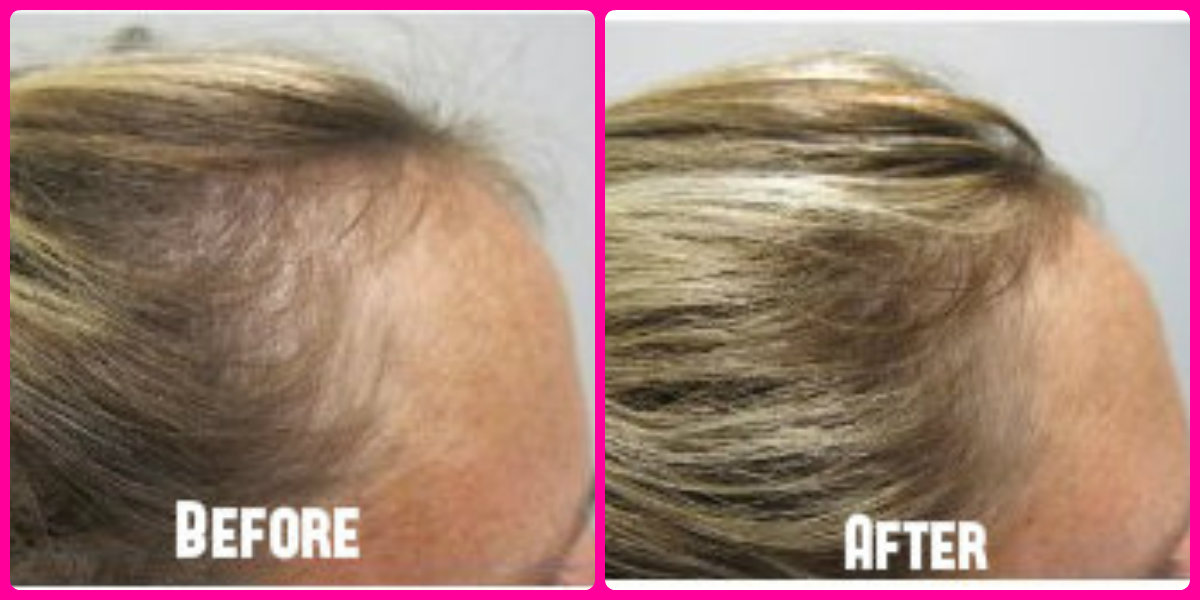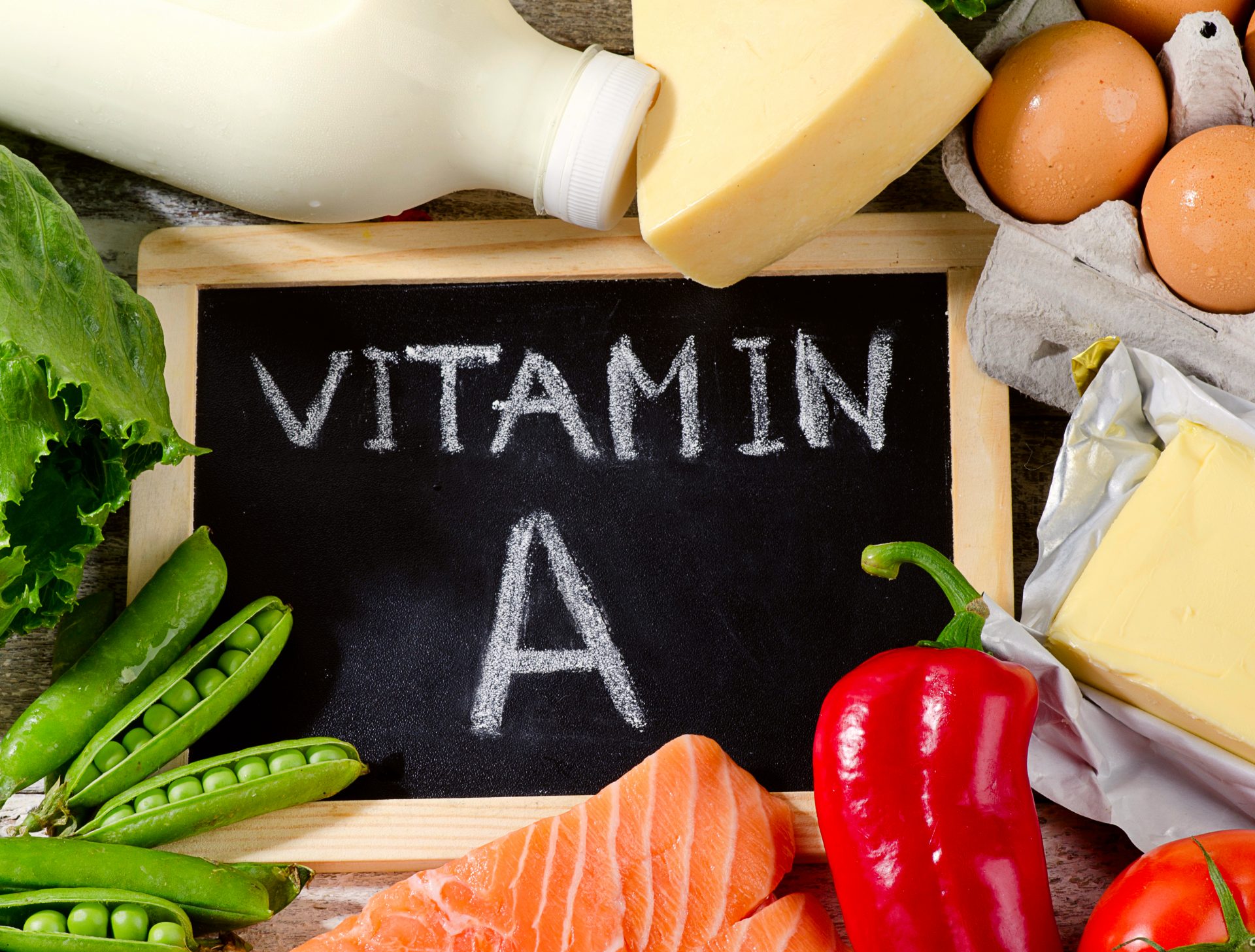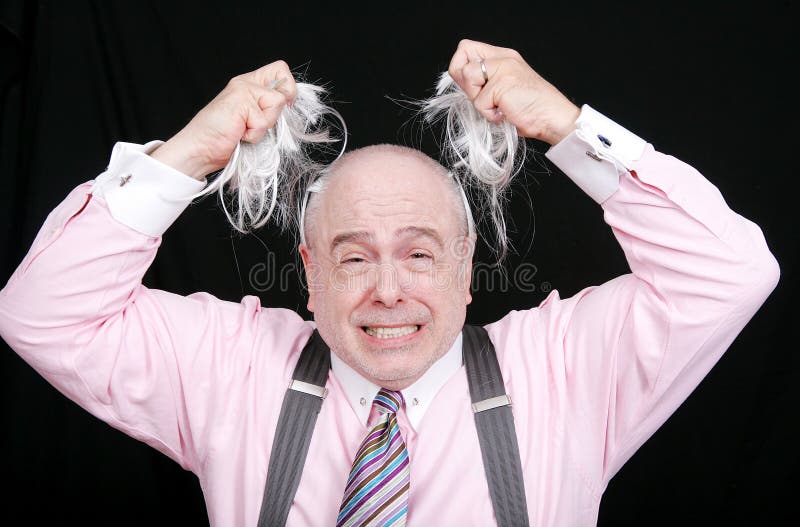Table Of Content

It shrinks hair follicles and shortens the hair growth cycle, Dr. Mitchell explains. So, by blocking it, you can help "prevent thinning and promote follicular growth," she adds. Your hair can also start thinning due to a handful of other reasons like stress, tension on your scalp, and disease, to name a few. Luckily, there are tons of vitamins and hair growth supplements on the market that can help. In addition to a diet that’s rich in all the vitamins and minerals that can impact hair growth, there are an array of over-the-counter supplements specifically geared toward those struggling with hair thinning or hair loss. It is essential to carefully read the ingredient list and nutrition facts panel of a supplement to know which ingredients and how much of each ingredient is included, relative to the recommended daily value of that ingredient.
Factors to consider when buying vitamins for hair growth
11 Best Hair Growth Vitamins And Supplements (2024) – Forbes Health - Forbes
11 Best Hair Growth Vitamins And Supplements ( – Forbes Health.
Posted: Fri, 05 Jan 2024 08:00:00 GMT [source]
Always take note of the dosage of each nutrient included in your vitamin selection. While these doses are significantly higher than the RDA of 600 IU, the Endocrine Society recommends a minimum of 1,500 to 2,000 IU for most people to maintain adequate stores, and higher doses for short-term repletion. However, this may be more than some people need, especially younger people who get enough vitamin D from sun exposure. Viviscal and Nourkirn contain proteins derived from marine animals that can facilitate hair growth.
Best Vitamins And Supplements For Hair Growth: An Expert Guide
Its blend of ingredients (vitamin C, flax seed extract, and zinc, to name a few) help hair remain in its growth phase, called anagen. Dr. Gohara's a fan of Nutrafol, because it's chock-full of antioxidants, including resveratrol, collagen [the primary building block of hair], curcumin, Vitamin E, and kelp. "This combo of antioxidants and vitamins helps to reduce the hormone DHT, which is responsible for hair follicle shrinkage and thinning," she says.
Best Vitamins for Hair Growth, According to Dermatologists
You do have to take these vitamins twice per day, but on the upside, the brand says you'll have no trouble doing so on an empty stomach. Plus, it's made with vitamins B3 and E, which are major game changers when it comes to increasing blood flow in the scalp. They create the optimal environment for nutrients to make their way to the hair follicle and decrease stress on the strands themselves. Research indicates that rosemary oil may be as effective in reducing hair loss and promoting hair growth as 2% minoxidil (such as Rogaine). You can apply rosemary oil for hair growth by massaging it directly onto your scalp or by adding it to your shampoo.
Please bring the supplement label to a healthcare provider to review the different ingredients contained in the supplement and any potential interactions between these ingredients and other supplements and medications you are taking. In the present study, the researchers summarized evidence from 30 prior human studies, including 17 randomized clinical trials, examining the effectiveness of various nutritional supplements in the treatment of hair loss. While factors such as age, genetics, hormones, and medication may affect your hair, nutrition is key for hair health throughout life.
In particular, vitamins B, C, and D, plus iron and zinc, appear to play important roles in hair growth and thickness. Before trying to choose the best vitamins for hair growth, check in with your doctor to discuss your hair-loss specifics so they can first confirm your health status. If your shampoo isn’t helping after 3-4 weeks, head to the dermatologist for proper diagnosis and/or prescription treatments. Most B vitamins play a role in hair growth, whether direct or indirect. So if you’re not getting enough B vitamins in your diet or have a condition that reduces absorption of B vitamins, a B-complex vitamin may be helpful for hair growth.

Movita is totally organic, gluten-free, dairy-free, egg-free, and allergen-free—and packed with superfoods including maca root and hemp seeds, says Dr. Reid. The pill contains Q10, "a coenzyme that's been shown to stimulate the expression of different hair keratin proteins, thereby promoting hair growth," she adds. Plus, the turmeric powder inside is a biggie add-in for its anti-inflammatory properties and antioxidant effects. Dr. Reid includes Hair Hero among her top picks because its formula contains zinc and iron, which are biggies for hair.
She thoroughly combed the research for hair growth supplements and ingredients that truly can help with hair health. If you’re losing more hair than usual or noticing a lack of regrowth, it’s best to see a healthcare provider to determine the underlying cause of hair loss before starting a supplement. There are many reasons for hair loss ranging from nutrient deficiencies, malnutrition, and stress to underlying medical conditions like a thyroid disorder. A healthcare provider can help you determine the reason for your hair loss so you can address a specific root cause rather than spending time and money trying supplements that may or may not help. There are several vitamins and minerals involved in hair growth, so if you have multiple nutrient deficiencies or want to just cover your bases for hair health, a multivitamin may be the most convenient option. Thorne’s Basic Nutrients 2x/Day is our top choice because it’s a good option for all genders, and we like that it has strong third-party testing, as it is NSF Certified for Sport.
Hair Loss Prevention: 22 Things You Can Do to Stop Hair Loss - Healthline
Hair Loss Prevention: 22 Things You Can Do to Stop Hair Loss.
Posted: Thu, 25 Apr 2024 16:18:45 GMT [source]
It’s normal to shed anywhere from 50 to 100 hairs a day, even if that seems like a lot, Dr. Green points out. “These are formulated with all-natural and clinically-proven ingredients that can make a difference in your hair with consistent usage,” she says. Our team works hard to be transparent about why we recommend certain supplements; you can read more about our dietary supplement methodology here. Dr. Khetarpal also suggests considering the following to help with your hair growth goals.
But if you’re not deficient in the nutrients a hair growth supplement provides, you’re unlikely to see many benefits, explains Chun. So, if you’re losing hair, a healthcare provider may check your blood iron levels. If you're iron deficient a supplement is an effective way to replenish your iron stores.
Taking certain vitamins in high doses, like vitamin C and some B vitamins, may lead to symptoms of toxicity, such as kidney stones or rosacea. Most people receive enough biotin from the foods they eat, notes the National Institutes of Health. Dr. Green recommends milk, eggs, bananas, salmon, sweet potatoes and almonds. If you do feel you need an extra boost, talk to your doctor—supplement labels reveal that many biotin supplements for hair, skin and nails far exceed the recommended daily amount. The amount of time it will take to see results will vary by individual and will depend on which nutrients you may need to support hair growth and how deficient you are.
Unfortunately, there isn’t a definitive answer on whether biotin (AKA vitamin B7) really helps hair growth, and every dermatologist we spoke with was on the skeptical side. Whether or not hair-growth vitamins are safe depends on your current health and the type of supplement or gummy you ingest. The thing is, supplements and vitamins are not FDA-regulated, meaning brands can kinda say and do whatever they want—and also add whatever mix of ingredients they want to their formulas. Beyond this, you’ll want to address any underlying medical reasons for hair loss, such as thyroid disorders and hormone imbalances, digestive disorders leading to poor nutrient absorption, medications, or other medical conditions. This supplement is relatively expensive compared to other multivitamins on the market (and on this list), likely due to the addition of their proprietary fruit blend and antioxidants. While these are unlikely to help with hair growth, some of them—like lutein and zeaxanthin—may offer other potential health benefits like reducing the risk of macular degeneration.
The vitamin supplements for this list were selected based on price, accessibility, quality and vitamin and mineral quantities. We also took into account third-party verifications, dosage and customer reviews. The vitamins that made this list are the best of the best out there right now. There is a note on the side of the bottle saying that biotin can interfere with some lab tests.
Hum Base Control is vegan, third-party tested, gluten-free, free of top allergens, and a relatively budget-friendly option. HUM tests all of their products for quality and purity and formulates products with the help of registered dietitians and other healthcare professionals to create quality supplements backed by research. We also appreciate that HUM doesn’t add unnecessary extras to their multivitamin, making it a safe choice for most people. However, because it contains 22 vitamins and minerals, it’s always best to check with a healthcare professional if you take any medications to ensure it won’t interact with any medications.
Here’s a look at the best vitamins for hair growth, and a few supplements experts recommend. Keep in mind that hair loss can be due to an underlying medical condition. Always contact your doctor with your concerns before starting any vitamin supplement. Hum Red Carpet is a vegan supplement that contains vitamin E, black currant oil (seed), gamma-linolenic acid and alpha-linolenic acid. Black currant oil is an antioxidant that is believed to boost your immune system and is said to help prevent wrinkles and other signs of aging. GLA and ALA, both found in black currant oil, are omega fatty acids that help with human development and growth.
This requires dermatologists to work with patients to weigh the risks and benefits of such nutritional supplements. The researchers also categorized the studies according to the quality of evidence, with randomized clinical trials representing the highest level of evidence in the review. Hair shedding in excess of these normal values is referred to as hair loss or alopecia. Dr. Khetarpal says that the success of using a supplement or product depends more on the duration of hair loss than anything else. People who’ve been losing hair for only two or three years are more likely to see noticeable results than those losing it for 10 or 20 years.

No comments:
Post a Comment